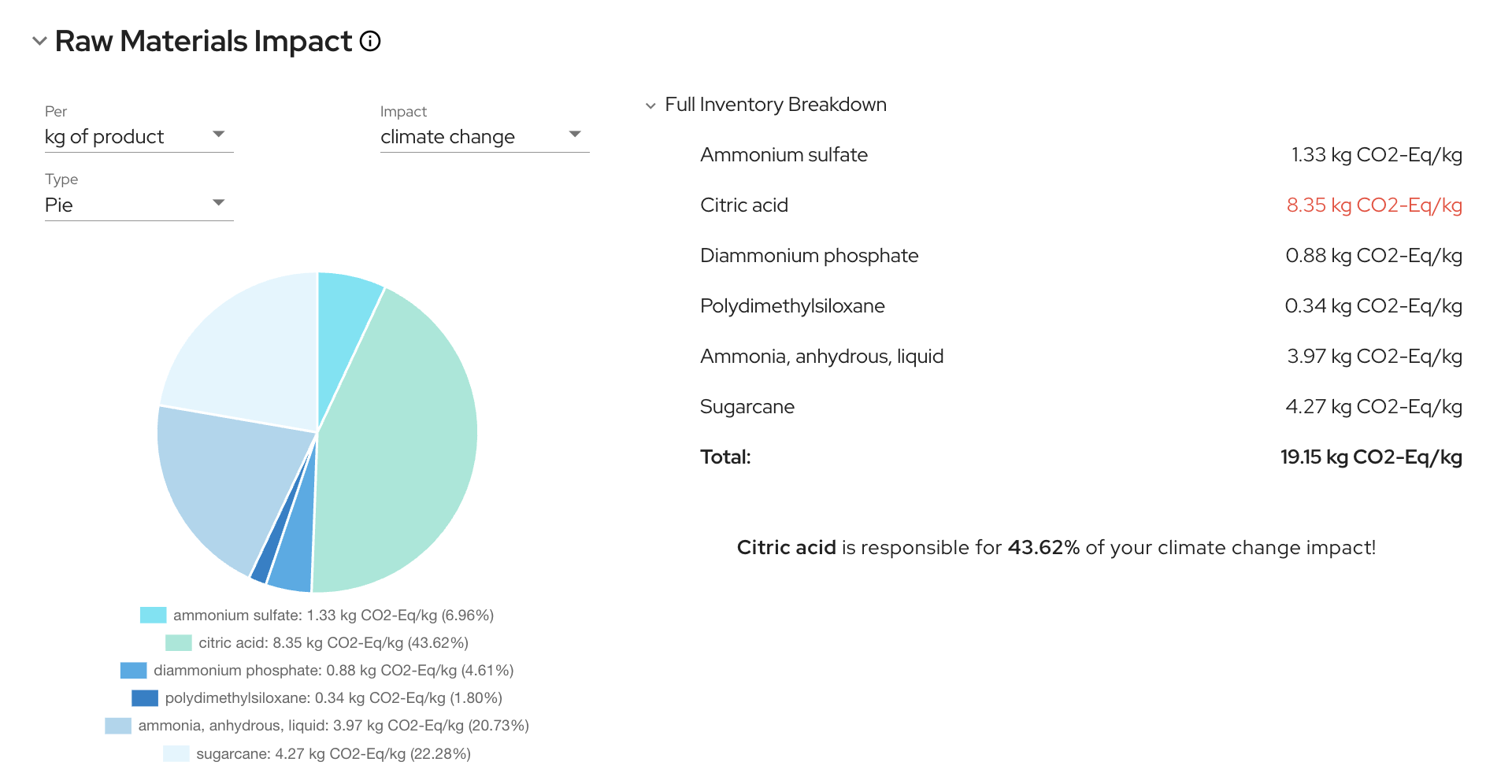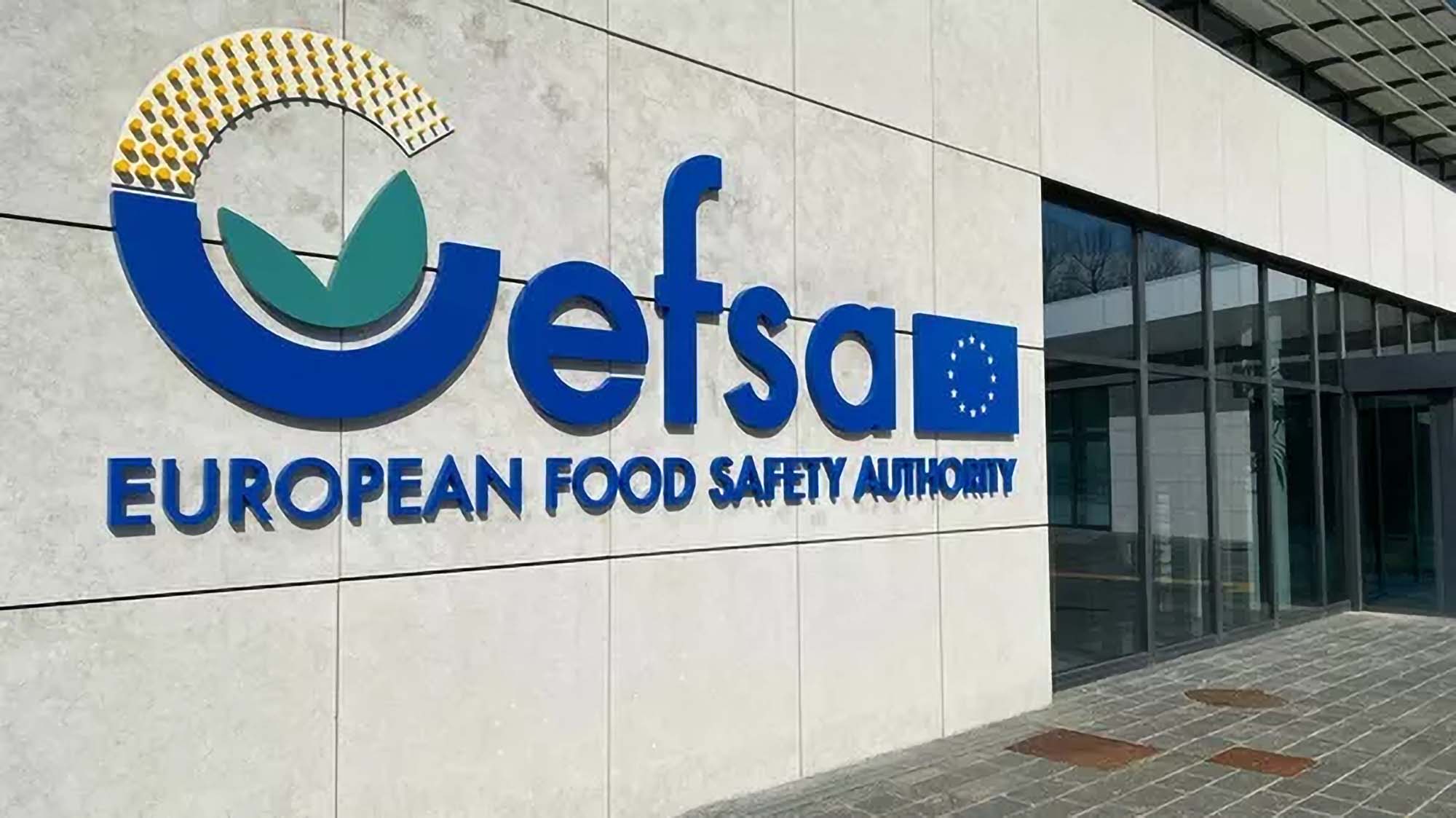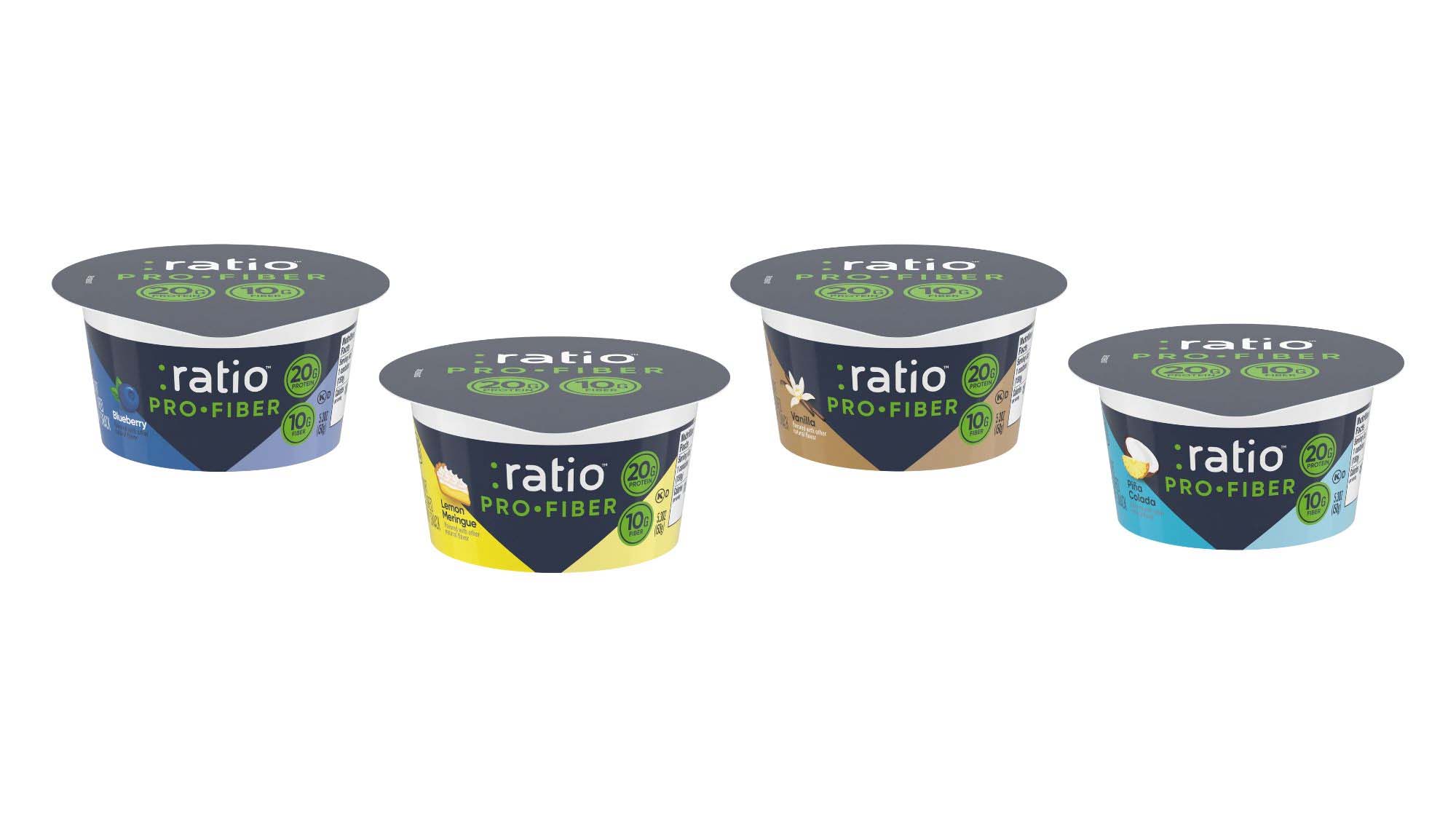

New Wave Biotech unveils first biotech-specific LCA to bring sustainability into early process design
New Wave Biotech has launched what it described as the biomanufacturing sector’s first Life Cycle Assessment solution built specifically for biotechnology processes. Integrated directly into the company’s AI-enabled simulation and optimization platform, the system allowed teams to quantify environmental impacts in real time while simultaneously evaluating cost and performance. The launch, announced on 13 November, reflected a growing expectation that bioprocess developers demonstrate verifiable sustainability performance much earlier in product development.
The company said the new capability offered a way to address a long-standing weak point in the sector. While life cycle assessments are widely used across consumer goods, chemicals, and food production, traditional LCA approaches are often slow, costly, and disconnected from process development. Consultancy-led studies can cost between US$5,000 and US$100,000 and take months to complete. New Wave Biotech’s system aimed to remove those barriers by offering automated, biotech-specific assessment that updated continuously as users adjusted parameters inside the platform.
The company described the tool as a response to increasing regulatory and market pressures for data-driven sustainability reporting. Policies such as the Corporate Sustainability Reporting Directive and the Green Claims Directive have heightened scrutiny around environmental claims and the need for transparent quantification. At the same time, late-stage sustainability assessments in emerging fields such as precision fermentation and cultivated foods have revealed gaps between expected and actual environmental outcomes. These mismatches have led to costly redesigns once companies reach pilot or pre-commercial scale.
By embedding LCA capabilities directly in the design environment, New Wave Biotech said it aimed to help users avoid these issues. The platform drew on biotechnology-relevant datasets and linked environmental outputs with techno-economic analysis and process simulation. Users could see how changes to raw materials, yields, unit operations, energy inputs, or equipment configurations affected multiple environmental indicators. These indicators included climate change impact, energy use, land use, water consumption, and other resource categories.
“Most LCAs are static snapshots that take months to produce and require costly consultancy work,” said Nix Hall, CTO at New Wave Biotech. “We have created an LCA that moves at the speed of R&D. It is automated, biotech-specific and built to give scientists and engineers direct access to sustainability insights as they model their processes.”
.jpg)
The company also placed emphasis on accessibility. The tool incorporated guidance, explanations, and visualization features intended to serve both experienced users and those new to LCA. Environmental impacts were broken down by feedstocks, unit operations, and overall process stages, giving teams a clear view of where the most significant burdens originated. New Wave Biotech said the output could be used to support early R&D decisions, internal reporting, or sustainability communications without relying on external consultancy services.
The LCA tool had already been adopted in pilot projects across industrial biotechnology. One early user, Liven Proteins, applied the platform to evaluate environmental impacts associated with fermentation-based collagen production. The company said the integration of sustainability and cost modeling in a single environment made trade-offs easier to interpret.
“New Wave Biotech’s platform has made it much easier for us to weigh up process and sourcing options by putting sustainability and cost side by side,” said Fei Luo PhD, Co-Founder & CEO at Liven Proteins. “It’s helped us see where the two fit together, and where they don’t, so we can make clearer decisions.”
New Wave Biotech said the new capability would help biomanufacturers design sustainability into their processes from the outset rather than retrofitting environmental assessments once systems were already built. The company argued that this shift would reduce financial risk by identifying high-impact decisions earlier, particularly in fast-growing fields such as precision fermentation, enzyme production, and cell-based ingredient manufacturing.
The company’s platform had been designed originally as a process simulation environment capable of predicting performance outcomes and calculating techno-economic indicators. The integration of LCA added another dimension, allowing users to iterate toward more balanced processes that met environmental, financial, and operational requirements simultaneously. The system’s automated nature also meant environmental calculations remained aligned with evolving process designs rather than becoming outdated as parameters changed.
New Wave Biotech noted that many early-stage companies struggled to quantify impacts at a stage when data collection remained incomplete and operations differed significantly from commercial conditions. By giving users access to environmental modeling during design and scale-up, the platform aimed to reduce guesswork and improve decision quality. The company said the approach was particularly relevant for teams facing investor and regulatory expectations for transparent environmental data before commercial launch.
The launch also reflected a broader trend in biotechnology toward integrated analytical environments expected to accelerate scale-up. Matching environmental and economic performance within the same digital framework aligned with how industrial biotechnology companies now structure development programs, particularly where capital-intensive infrastructure or regulatory review is involved.
New Wave Biotech positioned the LCA release as a milestone in its strategy to equip scientists and engineers with practical decision-support tools. The company said that by unifying process modeling, techno-economic analysis, and life cycle assessment, bioprocess teams could now adapt designs earlier and more systematically. The firm expected this capability to support more efficient development cycles and more credible sustainability claims for commercial products.
The company added that the approach would help emerging sectors avoid costly missteps that arise when sustainability considerations are brought in too late. By capturing environmental constraints at the same stage as performance optimization, the system was intended to enable users to better align processes with regulatory expectations and future market demands.
New Wave Biotech said the launch marked a step toward faster and more sustainable bioprocess development and would continue to expand the platform’s capabilities to reflect the needs of industrial biotechnology companies entering scale-up.
If you have any questions or would like to get in touch with us, please email info@futureofproteinproduction.com






